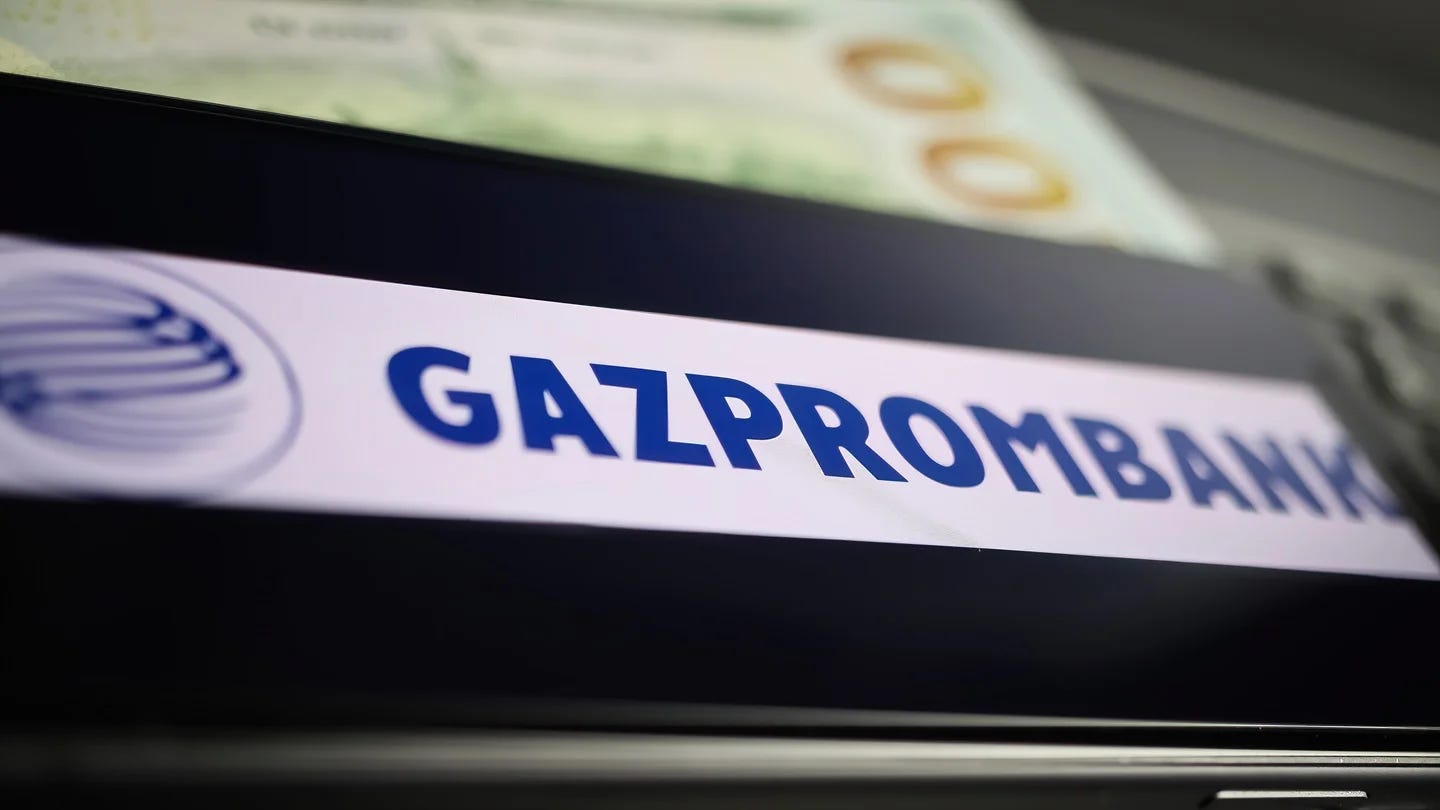ICC Arrest Warrants: A Catalyst for Global Financial Realignment
BRICS and Palestine are reshaping the global financial landscape.
On Thursday, ICC issued arrest warrants for Israeli Prime Minister Benjamin Netanyahu, former Minister of Defence Yoav Gallant, and Alqassam Brigades leader Mohammed Deif. This decision, which comes six months after the applications were submitted and over a year into the conflict, poses significant challenges to the international dealings of the individuals named and their respective states. The US is expected to retaliate against the ICC and its supporters with a new wave of sanctions.
This development follows closely on the heels of US-led sanctions targeting Russia’s financial system, including measures against the System for Transfer of Financial Messages (SPFS) and several Russian banks. These sanctions are intended to counter Russia’s efforts to reduce global reliance on the US dollar, a priority it advanced during its recent BRICS summit leadership. Russia’s push for dedollarisation aligns with a broader agenda to mitigate the impact of unilateral Western financial sanctions.
Implications for the US Dollar and BRICS
Both waves of sanctions—those targeting the ICC and Russia—may deepen global financial divisions and accelerate dedollarisation initiatives. The BRICS nations are increasingly poised to challenge the dominance of the US dollar by promoting a multilateral global financial architecture.
Predictably, both Democratic and Republican US politicians have called for sanctions against the ICC. These measures are likely to include penalties on countries enforcing the warrants as well as sanctions targeting the ICC and its personnel. This raises the spectre of a financial conflict in which the US weaponises the dollar to shield Israel from international legal scrutiny. More strategically, the US seeks to pre-empt future ICC actions that could target its own officials, reflecting concerns over the court’s potential to challenge its geopolitical dominance. The resulting undermining of international law could further destabilise the global financial system, which many view as increasingly subservient to US national security interests.
President-elect Donald Trump has already pledged retaliation against the ICC, consistent with his prior administration’s stance of cutting US contributions to the US. His "America (and Israel) First" doctrine openly criticised international institutions, portraying them as obstacles to US interests. In a parallel move, Hungarian Prime Minister Viktor Orbán invited Netanyahu to Hungary in defiance of the ICC, mirroring past instances of countries disregarding international warrants.
Such responses reinforce BRICS’ criticisms of Western hypocrisy, a narrative that resonates deeply with the Global South. Coupled with the recent US sanctions on Russia, this could further accelerate dedollarisation efforts, turning financial independence into an urgent priority for many nations.
Impact on the IMEC
While the ICC’s actions do not directly undermine the India-Middle East-Europe Economic Corridor (IMEC), Netanyahu’s tarnished reputation could impact the Israel-led project’s credibility. Any potential arrest would deal a blow to Netanyahu’s leadership and Israel’s standing within the initiative.
On an individual level, Netanyahu and Gallant’s ability to engage in global business dealings will be severely hampered. Entities are likely to reduce their exposure to these individuals, with international transactions involving them becoming increasingly fraught. This will inevitably impact trade and investment with Israel, with a knock-on effect on its environmental, social, and governance (ESG) ratings.
Conclusion: Towards a New Financial Landscape
In conclusion, the ICC arrest warrants and the anticipated defiance from the US and others further erode the legitimacy of the Western-led international liberal order. These developments strengthen the moral standing of BRICS nations while coinciding with US sanctions on Russia’s financial system. As the Trump Administration is expected to boost economic protectionism, these factors will accelerate BRICS-led dedollarisation efforts, reshaping the global financial landscape and making Palestine an anchor for it.



Imagine the conflict in Israel being ended with a 1-State solution by giving the Palestinians (and other dissenting groups) a vote and the same rights as the Israelis. The end of the apartheid situation and indemnification of damage done. IMEC can then continue with the new state and be hugely positive. So, IMEC is not the problem, but the current government certainly is. A 2-State solution is no solution but a prolongation of the current situation.